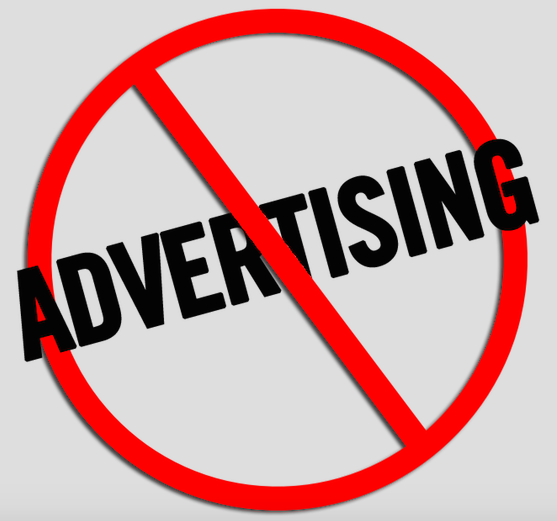Guess which CEO made the following statement?
“Ongoing media advertising doesn’t work and is a waste of money…Our company has wasted millions of dollars in ambitious advertising programs, which simply haven’t worked over the long term and never will.”
Any guesses? Drum roll, please…
It was John Mackey, CEO of Whole Foods, back in 1999.
Some things never change.
Fifteen years later, Whole Foods decided to spend an estimated $15-20 million on an advertising campaign called “Values Matter.”
Complete with TV ads and a 2-page spread in national newspapers, the campaign has been widely criticized for not connecting well with potential customers of organic.
Many consumers have looked down upon the campaign, using it as an opportunity to express their general dissatisfaction with Whole Foods (as indicated by many of the comments in this scathing Slate article).
Even Joe Dobrow, former head of marketing at Whole Foods, thinks the campaign has “several inherent flaws.”
Dobrow recalls how back in the late 90s, he “tried to launch targeted direct mail programs, radio campaigns, print campaigns, a glossy magazine, a sophisticated loyalty program, [and] a co-branded credit card,” for Whole Foods — but his ideas were met with suspicion and were ultimately rejected.
“Mackey had little appetite for marketing tests,” Dobrow says.
In fact, if one of the company’s Regional Presidents wanted to run an advertising campaign, Mackey would challenge them to “bet their bonuses that the campaigns would work.”
This highly “anti-marketing” stance explains why most of us have never seen a Whole Foods commercial or ad…until recently.
So if Whole Foods’ leadership hates advertising so much, why on earth did the company suddenly launch the $15-20 million “Values Matter” campaign in October 2014?
Perhaps the campaign was an impulsive or defensive attempt to remedy the company’s decline in growth.
Dobrow believes the campaign was “a direct result of Whole Foods’ awful performance on Wall Street in 2014…WFM was the single worst performing stock in all of the S&P 500 in May.” The company missed its earnings targets for three quarters, as it saw declines in sales growth.
Whole Foods’ stock is back up at the moment — but that’s probably because shareholders were merely thrilled to see any kind of advertising at all from the company.
“After not having advertised for so long, any noise at all from Whole Foods will generate some new business,” Dobrow says. “But as everyone in the ad business knows, patience and consistency are required. And for the company with ‘Market’ in its name but no marketing in its DNA, those are likely to be in short supply.”
In my opinion, Whole Foods didn’t need to spend $15-20 million.
They simply need to get over their anti-marketing stance, re-think what it means to do marketing, and start creatively reaching out to new segments of the market.
For example, email marketing — AKA sending out short and sweet, transparent rants and stories from the CEOs — would be one excellent way to attract new customers.
Telling entertaining stories (like the crazy story of how Whole Food was formed) and tying each story in with something the company offers, would make Whole Foods infinitely more interesting.
Not only would this strengthen loyalty among existing customers, it would also attract new ones.
Bottom line: Daily email marketing is a fantastic way for any company to market themselves without spending a fortune.
Talk soon,
Michelle Lopez


 Michelle Lopez is a writer, editor, and copywriter with a BA in English/Creative Writing from the University of Colorado at Boulder.
Michelle Lopez is a writer, editor, and copywriter with a BA in English/Creative Writing from the University of Colorado at Boulder.